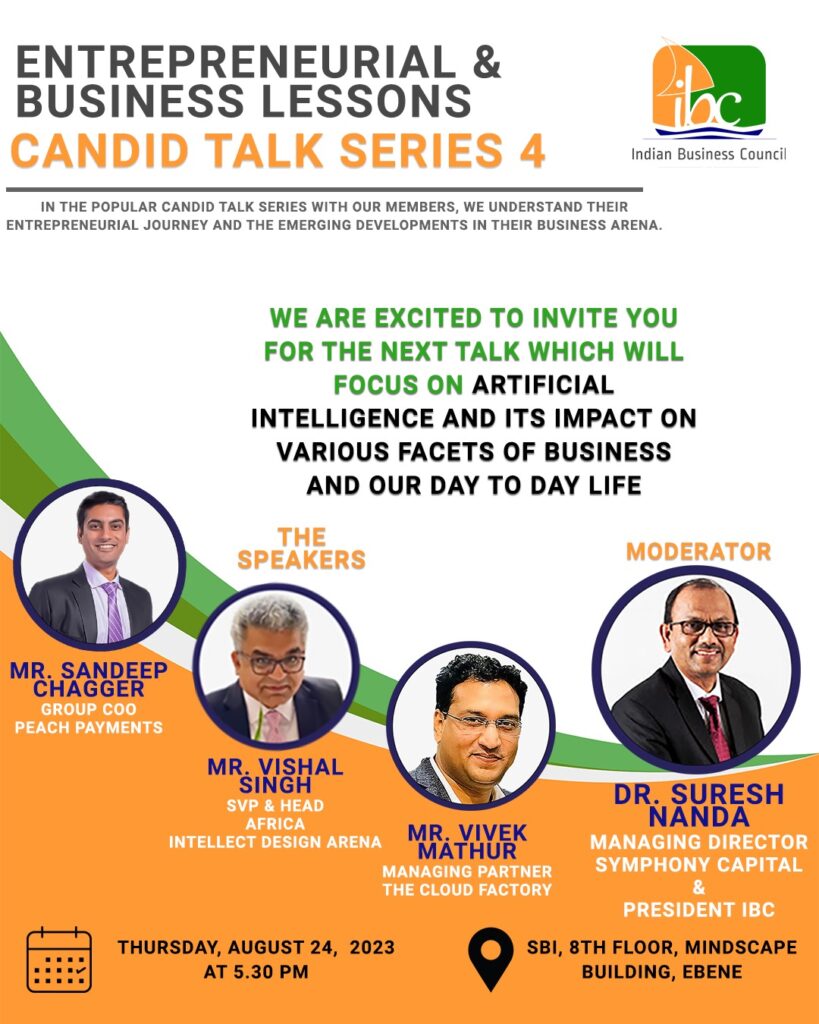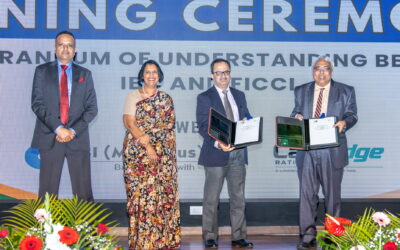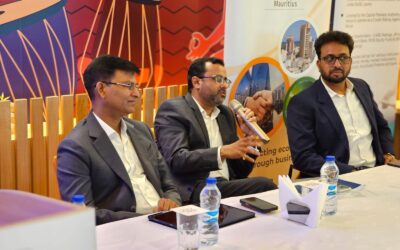At the outset, Dr. Nanda, while introducing the subject of the panel discussion, mentioned that a lot has happened in AI recently and it has literally exploded with the Introduction of Chat GPT which has taken the world by storm and with the introduction of Google Bard. AI is not new and has been in existence for over 70 years. Dr. Nanda mentioned that while the first evidence of AI was in 1950, GM set up its robotic assembly line. 1965 and IBM Deep Blue beat Gary Kasporov in chess in 1997. Today AI has achieved Natural language processing and translation, Image recognition, Autonomous vehicles, Recommendation on media consumption, AI powered virtual assistant. AI’s integration in household equipment, making smart homes and AI’s application in robotics.

It was noted by the panelists that AI has positive impact on business including enhanced customer insights through data analysis, predictive analytics for better decision-making, development of new products and services. AI can also lead to cost savings, improved supply chain management, and the ability to innovate in various sectors through the application of AI-driven technologies. AI has a transformative impact on various aspects of business including enhancing productivity, AI’s transformative impact. AI’s emulation of human behavior has opened new possibilities, driven by data access, cloud computing, and advanced algorithms. AI’s role as a “copilot” enhances daily workflows, as seen in Microsoft’s integration.
The financial services sector has been a pioneer in using AI and it’s matter of time substantial operations in the sector will be aided by AI, be it customer on-boarding, fraud detection, customer due-diligence, credit decisions and even wealth and investment advisory. In the healthcare sector, AI will aid in diagnostics and in times to come will assist in complex surgery as in health management. AI powered automation will improve production efficiency in the manufacturing sector. AI will have an immense impact in the agriculture sector with better crop monitoring, climate prediction as also disease detection. The hospitality sector will immensely benefit from AI with personalized guest experiences and streamlined booking procedures

After the seminar, the L&T Mauritius team led by Mr. Sanjeev Gupta, CEO demonstrated the power of 3D Concrete Printing where recently a post office was created in Bangalore. 3D printing in construction is when sequentially layer special designed concrete mix via computer-controlled process creates three-dimensional shapes without having requirement of any formwork or mould. 3D printers are useful for creating new structures on-site or manufacturing components off-site for later assembly. The 3D Concrete printing machine has advantages over Conventional Construction Method with reduction of timelines by 40%, reduction of skilled workforce by 60 % and 30% reduction in Construction wastage.







